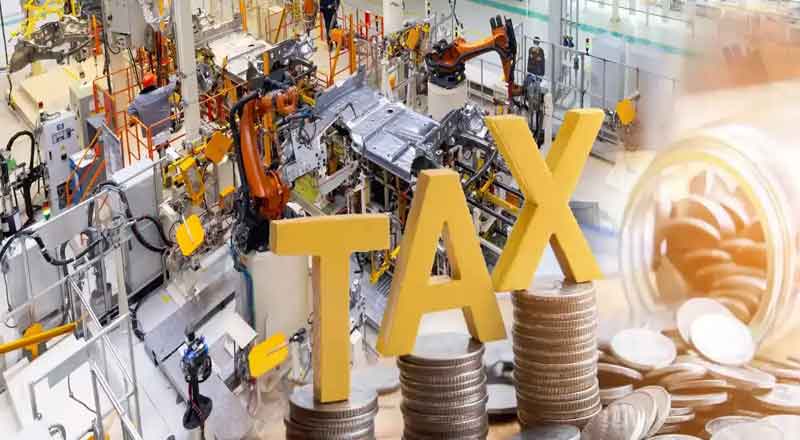Providing financial incentives, such as tax breaks, and subsidies, for companies that invest in sustainable technologies and practices can help accelerate the adoption of green manufacturing practices, experts say.
They also said there is an increasing emphasis by businesses to ensure sustainable practices through their supply chains.
“This requires companies to improve their sustainability operation through responsible procurement, investment, energy transition, recycling, financing etc,” Hi-Tech Gears Chairman Deep Kapuria said. He also said that today, sustainability is at the core of business strategy for corporates across all sizes and sectors.
“Indian companies are also taking advantage of the lower interest rates on sustainability-linked loans to fund their expansion plans. Further, large Indian companies are also investing big in recycling the waste,” Kapuria added.
Anup Garg, Founder and Director of WOCE- World of Circular Economy, said that manufacturers are increasingly investing in energy-efficient technologies and renewable energy sources to reduce their carbon footprint.
This includes the adoption of LED lighting, energy-efficient HVAC (Heating, ventilation, and air conditioning) systems, and renewable energy installations like solar panels and wind turbines.
Garg said that the governments can support sustainability in manufacturing through regulatory frameworks, incentives, public private partnerships and awareness.
“Providing financial incentives, such as tax breaks, grants, and subsidies, for companies that invest in sustainable technologies and practices.
“This can accelerate the adoption of green manufacturing practices,” he said.
He added that WOCE offers expert advisory and consulting services to help manufacturers develop and implement comprehensive sustainability strategies.
“This includes setting realistic targets, creating action plans, and integrating sustainability into core business operations.
These services ensure that manufacturing processes are optimized for sustainability, leading to reduced environmental impact and enhanced regulatory compliance,” he added.
(With inputs from agencies)





